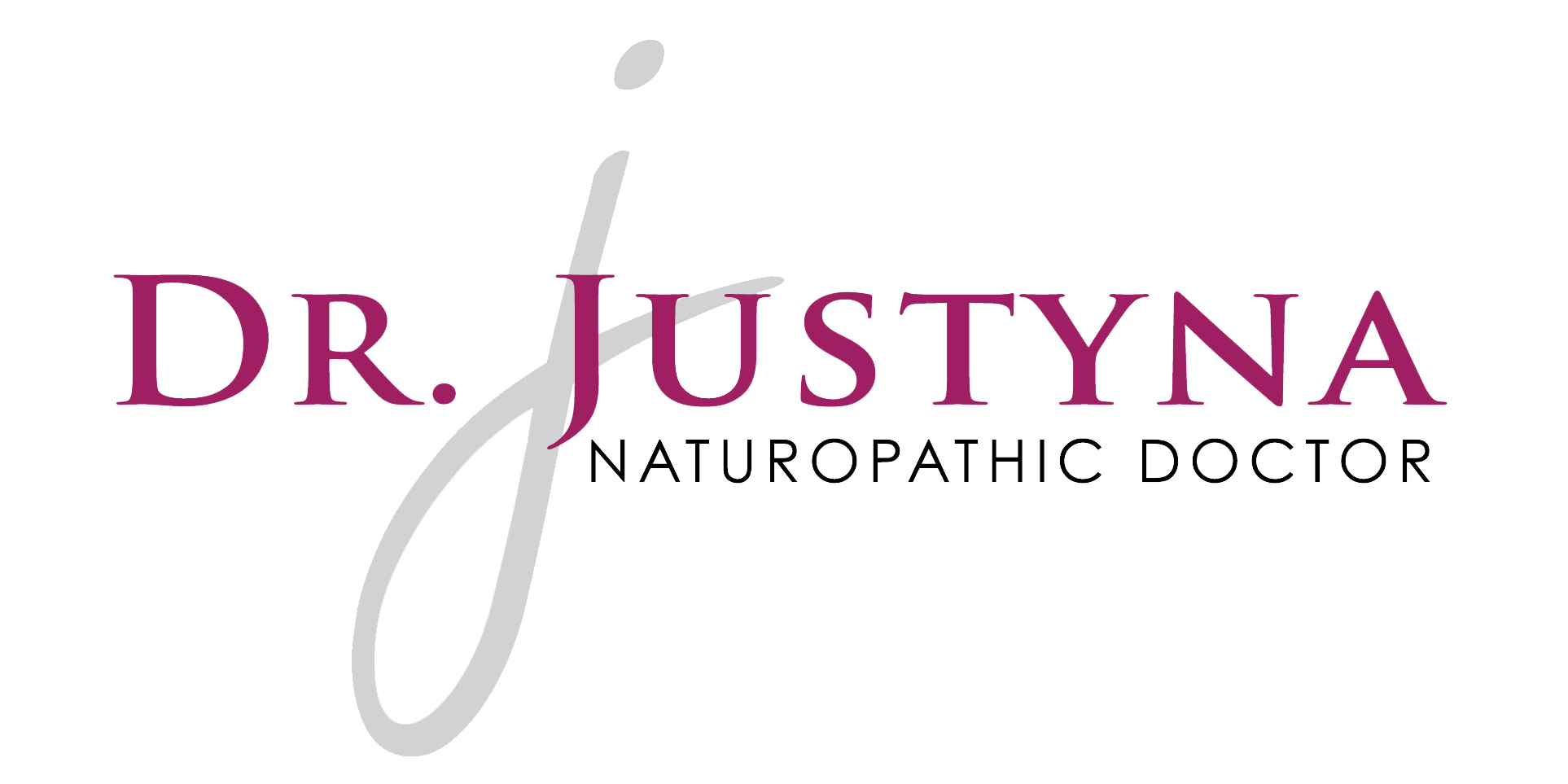The sun is out, the trees are turning green, and the flowers are beginning to bloom but, instead of being excited about this marvelous change in climate you dread it. Your nose starts to run, your eyes being to water and that irritating tickle in the back of your throat just won’t go away. You have (drumroll please) HAY FEVER.
But, amongst all the sneezing and wanting to claw your eyes out, there may be some good news after all! Below are a few NATURAL things we can do to decrease the symptoms that we experience:.
1. Avoid the Allergens
Yes, I know this one is obvious but, sometimes even the obvious is over looked! Reducing your exposure to the allergen(s), whether it be pollen, grass, ragweed, dust, or dander, may be the best treatment. Also, don’t forget to avoid any other food allergies and sensitivities that you may have as they can have an additive effect.
2. Increase your Vitamin C intake
I really do love Vitamin C and the role it plays in regulating our immune system. Not only is it great at preventing and treating colds and flus but, studies suggest that it is also effective in reducing histamine release. For those of you who may not know, histamine is one of the chemicals released by cells in our body that is responsible for some of those dreaded hay fever symptoms. And, as if that wasn’t good enough, Vitamin C also help break down histamine more efficiently after it’s released!
3. Increase your Quercetin intake
Quercetin is a phytochemical found in the skins of apples and red onions. Not only is quercetin a powerful antioxidant but, it is also a natural anti-histamine and anti-inflammatory.
4. Consider Sublingual Immunotherapy
Sublingual immunotherapy is an alternative treatment to allergy shots. It involves daily administration of small amounts of the offending allergen under the tongue and is great for those of you who don’t like needles! It allows you to build up a tolerance to those allergy-causing substances. For optimal results, it’s recommended to start treatment 30 to 60 days before the onset of your symptoms!
For more information about hay fever or treatment options feel free to contact me today!
